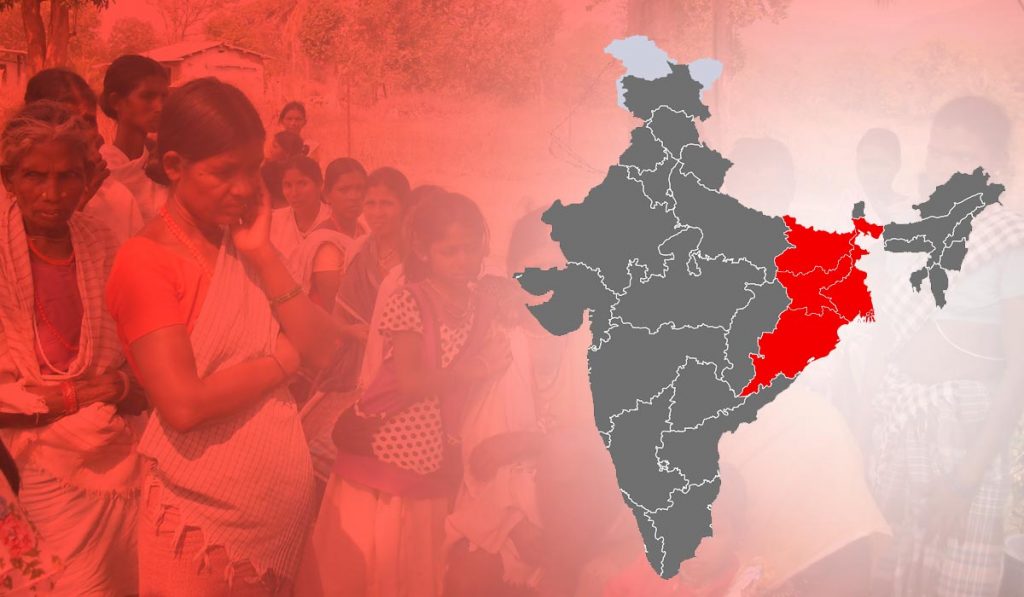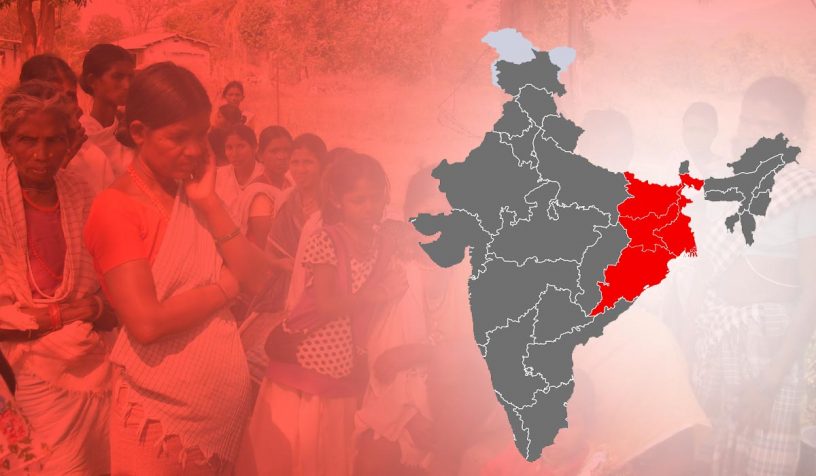
Despite knowing the violent face of the state, poor women nevertheless rely on the developmental face of the state to hope for social transformation and imagine better lives and livelihoods, says the author.
Author
Lipika Kamra, Associate Professor, Jindal School of Liberal Arts & Humanities, O.P. Jindal Global University, Sonipat, Haryana, India.
Summary
Anthropologists have posited that citizenship takes on multiple meanings and forms based on citizens’ everyday engagements with state and non-state actors. This article examines forms of citizenship that materialize vis-à-vis the state.
In particular, it deals with new imaginaries of citizenship that emerge through interactions between state actors and poor women in counterinsurgency settings.
Drawing on ethnographic fieldwork conducted in the erstwhile Maoist zones of eastern India, the researcher shows that, despite knowing the violent face of the state, poor women nevertheless rely on the developmental face of the state to hope for social transformation and imagine better lives and livelihoods. The author argues that in doing so they engender an idea of hopeful citizenship.
Published in: Critique of Anthropology
To read the full article, please click here.


